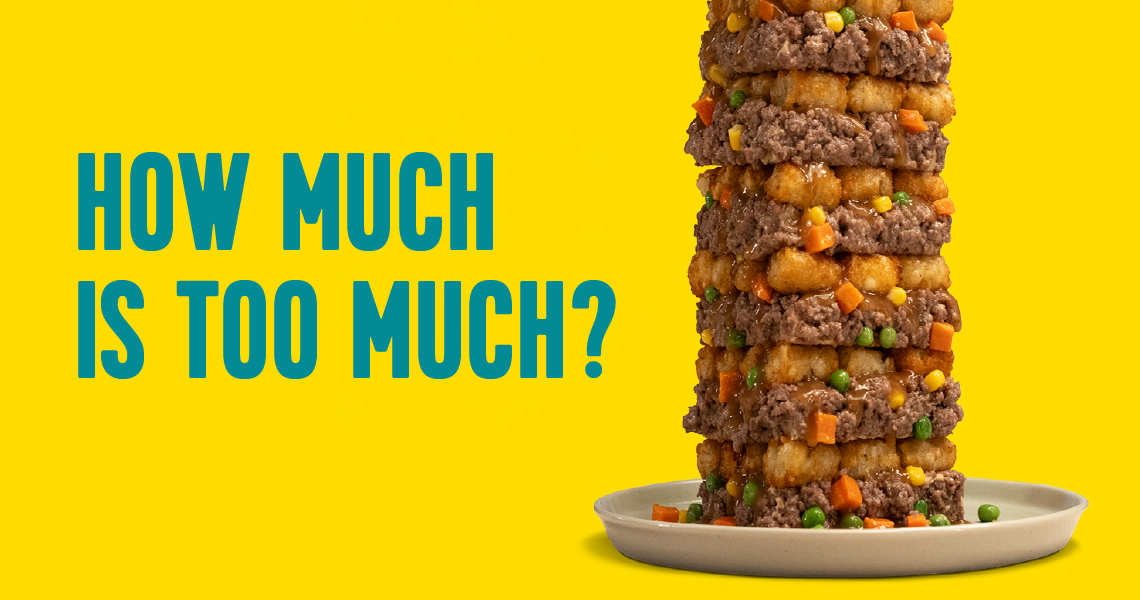Many people associate March with filling out basketball tournament brackets—no judgment if your picks are based on mascots or uniform colors. While basketball often takes center stage this time of year, March is also Problem Gambling Awareness Month.
Problem gambling isn’t always visible. Many individuals struggle quietly, even as the effects ripple through families, relationships, and communities. This month, we’re shining a light on a hidden and often misunderstood public health issue. We want our players to have fun, and we want them to feel confident knowing how much is too much.
Here are a few tips for safer gambling:
- Set a budget and keep to it. Only play with the cash you can afford to lose.
- Gamble only with your discretionary entertainment dollars.
- Remember: gambling outcomes are completely random. There are no patterns or strategies that predict the next win.
- Understand the odds of winning for each game you play. Minnesota Lottery scratch game and lotto game odds are always available on our website.

Resources Available
Minnesota Alliance on Problem Gambling is Minnesota’s advocate and central resource for all Minnesotans seeking information on problem gambling. MNAPG provides information and resources for anyone who is concerned about their gambling or the gambling of someone they care about.
Are you Gambling Responsibly?
Ask yourself these questions, provided by MNAPG:
- Am I choosing to gamble for fun or am I trying to escape the problems in my life?
- Do I understand I’ll probably lose over the course of play and do I accept that as part of the play? (Remember, ultimately, the “house” always wins.)
- Do I know I cannot control chance?
- Is gambling my primary source of entertainment?
- Am I trying to impress others?
- Am I using alcohol or drugs when I gamble?
- Do I know the warning signs of problem gambling?
- Do I know when to say, "That's enough."
How Much Money Can I Gamble?
Money spent on gambling should always be treated as an entertainment expense—not a way to make money. Before you play, ask yourself these questions:
- Am I setting clear spending and time limits and sticking to them?
- Am I gambling money I’ll need for day-to-day expenses?
- Am I borrowing money to gamble?
- Am I hiding my losses?
- When I gamble, am I using credit or debit cards or misusing my checking account?
What’s next?
If you answered yes to any of these questions and you are concerned that you may be at risk, help is available. Visit MNAPG.org or call 1-800-333-HOPE (4673) to speak confidentially with someone who can connect you to local resources and support.
You’re not alone. Help is always just a call or click away.
